Bob Narev
Bob Narev was born in Eschwege, Germany in 1935. The following year his father was dismissed from his high school position because he was Jewish and therefore considered unsuitable to teach non-Jewish students, so the family moved to Frankfurt.
Bob’s formative years there were marked by several compulsory home shifts as the Nazis clamped down all matters Jewish. He recalls enduring taunts as he and his parents walked the streets with the obligatory Judenstern (Jewish star) stitched on their clothes.
They were arrested and sent to Theresienstadt (Terezin), Czechoslovakia, in August 1942. At the time Bob was just six years old. Upon arrival at the train station his father was asked whether he had any money on him. He said no. The guards patted him down and discovered a coin in one of his pockets and the young Bob remembers seeing his father being beaten until his nose bled.
Bob’s father died in Theresienstadt. Bob and his mother, Gertrud, remained there for two-and-a-half years until February 1945, after which they were offered the chance to get on a train, destination unknown. Gertrud was, understandably, reticent to get on a train, but the enthusiasm of her (by then) nine year old son to go on a train journey won her over.
The train journey was a rescue mission arranged by Vaad-Ha-Hatzala, a group of Orthodox Jews in the USA which had originally been set up to assist the escape of rabbinical scholars and students. In early 1944, this purpose was broadened to assist any Jewish people living under German rule. Following negotiations conducted by Swiss politician Jean-Marie Musy on the Vaad's behalf with top Nazi leaders, and substantial payments having been made, a train left the Theresienstadt camp on the night of February 6 1945 with 1,210 inmates on board, bound for Switzerland. Fortunately, Mrs Narev and young Bob were on that train. The rest of their immediate family were to perish in the Holocaust.
Bob and Gertrud emigrated to New Zealand in 1947 after Gertrud’s niece, herself only a teenager, successfully lobbied authorities here. Gertrud, who had been a soprano had studied music at the Frankfurt Conservatorium. She performed in a number of operatic roles at the Frankfurt Opera until Jews were prohibited from working there. With this background she managed to get work here teaching music after a stint at the Heard’s chocolate factory. They shortened their surname from Narewczewitz to Narev for simplicity, and Bob went on to study law and arts, showing scholarly aptitude before going on to become one of Auckland’s most successful and prominent commercial lawyers at city firm, Glaister Ennor.
Bob is a member of the New Zealand Order of Merit and serves on a number of Holocaust charitable trusts. He is past president of the Auckland District Society of Notaries and served as President of Auckland Hebrew Congregation, Chairman of United Synagogues of NZ, and President of both the Auckland Zionist Society and the Zionist Council of New Zealand as well as being a trustee of the Christian Healthcare Trust, the Home and Family Trust and the Dental Research Foundation Trust. Bob was also made an Officer of the New Zealand Order of Merit for services to community and education in the 2020 New Years Honours.
Bob and his wife Freda, also a survivor, are actively involved in Holocaust education. Bob has chaired the Holocaust and Antisemitism Foundation Aotearoa NZ Trust since 2012.
This article first appeared on Jewish Online Museum. (Edited).
Bob Narev is interviewed by John Campbell on International Holocaust Remembrance Day, 75 years since the liberation.
Further information about the Narev family history may be found here.
Child Holocaust survivor, Bob Narev.
Bob and his wife Freda are active in educating youngsters about the Holocaust. They believe that information and education are the way to combat prejudice.




